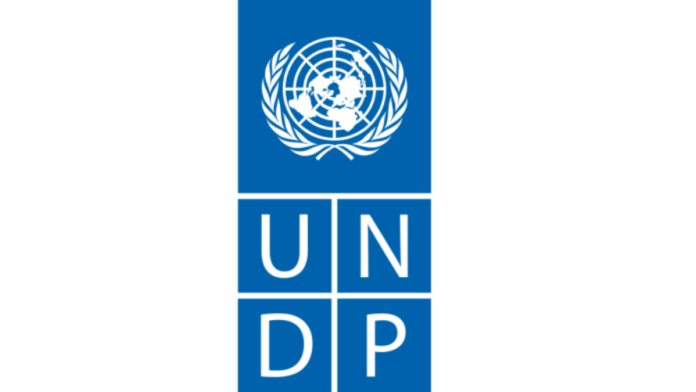New Delhi: The United Nations Development Programme (UNDP), the International Organization for Migration (IOM), and the United Nations Refugee Agency (UNHCR) have jointly warned that internal displacement in Ethiopia, fueled by conflict and climate shocks, is reversing decades of progress in poverty reduction. The agencies, in a press release, stressed the need for a shift from humanitarian aid to sustainable development solutions.
This call to action follows a three-day meeting in Addis Ababa from November 11-13, where UN officials, including UN Assistant Secretary-Generals Ugochi Daniels (IOM), Shoko Noda (UNDP), and Raouf Mazou (UNHCR), joined Ethiopian government representatives to launch a new national strategy. This strategy prioritizes government-led development and peacebuilding efforts, while addressing immediate humanitarian needs.
Despite Ethiopia’s success in lifting 15 million people out of poverty, recent years have seen significant setbacks due to crises such as COVID-19, conflict, drought, and floods. These crises have left many displaced people without access to basic services and livelihoods.
“The plight of internally displaced people in Ethiopia is not a humanitarian issue alone. It requires recovery and development solutions,” said Shoko Noda, UNDP Crisis Bureau Director. She emphasized the need for displaced people to access essential social services, protection, decent work, and livelihood opportunities.
The UN agencies emphasized the importance of aligning with the UN Secretary-General’s Action Agenda on Internal Displacement, which prioritizes government-led, development-focused solutions. Ethiopia is one of 15 countries selected to implement this agenda. “After years of concerted efforts, Ethiopia is ready to step up cooperation with the regions for coordinated planning to support displaced communities rebuild their lives,” said Ugochi Daniels, IOM Deputy Director General for Operations.






